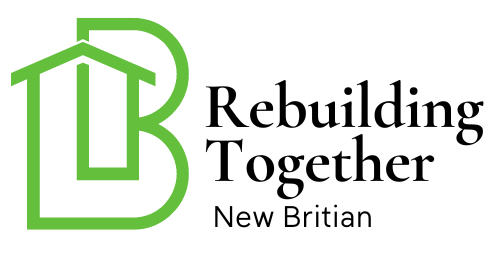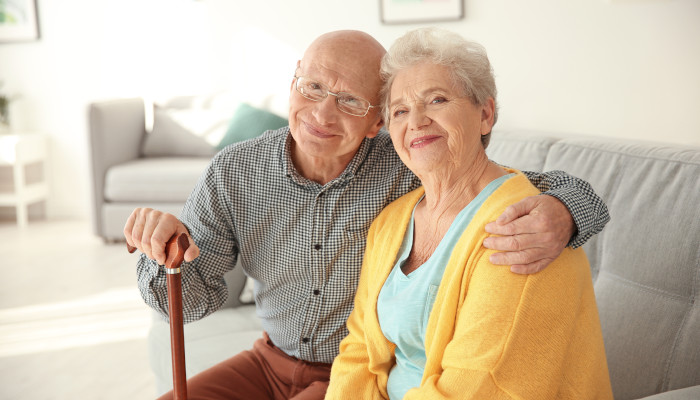As the seasons change, so do the challenges and hazards they bring, especially for older adults. It’s vital to be proactive with seasonal safety tips for older adults to ensure their well-being throughout the year. Understanding these seasonal challenges can help create a safer environment for our elderly loved ones.

Understanding Seasonal Hazards
Each season comes with its own set of hazards that can affect the safety of older adults. From icy sidewalks in winter to heatwaves in summer, being aware of these changes is the first step in ensuring safety. The goal is to adapt and prepare for each season’s specific needs.
Winter Safety Tips
Preventing Falls
Winter is notorious for causing slips and falls due to icy and slippery conditions. To minimize risks, ensure pathways are clear of ice and use sand or salt to increase traction. Installing grab bars near doorways and in bathrooms can provide additional support.
Staying Warm
Cold temperatures can be dangerous for older adults. Ensure that homes are well-insulated and that heating systems are working efficiently. Wearing multiple layers of clothing and using heated blankets can help maintain body temperature.
Spring Safety Tips
Allergy Management
With spring comes pollen and other allergens that can affect older adults. Keeping windows closed during high pollen days and using air purifiers can reduce exposure. It’s also helpful to have allergy medications on hand.
Gardening Safely
Spring is a great time for gardening, but it can pose risks if not done safely. Encourage the use of ergonomic tools and ensure the garden area is free of tripping hazards. Frequent breaks and staying hydrated are also key.
Summer Safety Tips
Hydration
Heat and dehydration are major concerns during summer months. Older adults should drink plenty of water and avoid strenuous activities during peak heat hours. Wearing loose-fitting, light-colored clothing can also help keep cool.
Sun Protection
Excessive sun exposure can lead to skin damage and other health issues. Using sunscreen with a high SPF, wearing hats, and seeking shade can protect older adults from harmful UV rays.
Fall Safety Tips
Home Maintenance
As leaves fall, they can create slippery surfaces. Regularly clean walkways and gutters to prevent accidents. This is also a good time to check and replace batteries in smoke detectors.
Flu Vaccination
With the onset of cooler weather, flu season begins. Encourage older adults to get their flu shots to prevent illness during the fall and winter months.
General Safety Tips
Regular Health Check-Ups
Regardless of the season, regular health check-ups are crucial for older adults. These visits can help manage chronic conditions and catch any potential health issues early.
Emergency Preparedness
Having an emergency plan in place is essential. Ensure that older adults have access to emergency contacts and know the steps to take in case of an unexpected event.
Creating a Safe Home Environment
Making home modifications to enhance safety can greatly benefit older adults. Simple changes, such as improving lighting and reducing clutter, can prevent accidents.
Community Support
Engaging with the community can provide additional support for older adults. Community programs often offer resources and assistance to help maintain safety and well-being.
Technological Aids
Using modern technology, such as smart home devices, can provide extra security and peace of mind. These tools can be especially helpful for monitoring and responding to emergencies.
Conclusion
By implementing these seasonal safety tips for older adults, we can help ensure their safety and comfort throughout the year. Being proactive and prepared is key to creating a secure environment for our elderly loved ones.

FAQ
How can older adults stay safe during winter?
Older adults can stay safe during winter by preventing falls with clear pathways, staying warm with proper insulation and clothing, and ensuring heating systems are efficient.
What are some summer safety tips for older adults?
In summer, older adults should focus on staying hydrated, avoiding peak heat hours, and protecting their skin from UV rays by using sunscreen and wearing protective clothing.
Why is community support important for older adults?
Community support provides resources and assistance that can help older adults maintain safety and well-being. Engaging with the community can also reduce feelings of isolation.
This article contains affiliate links. We may earn a commission at no extra cost to you.

